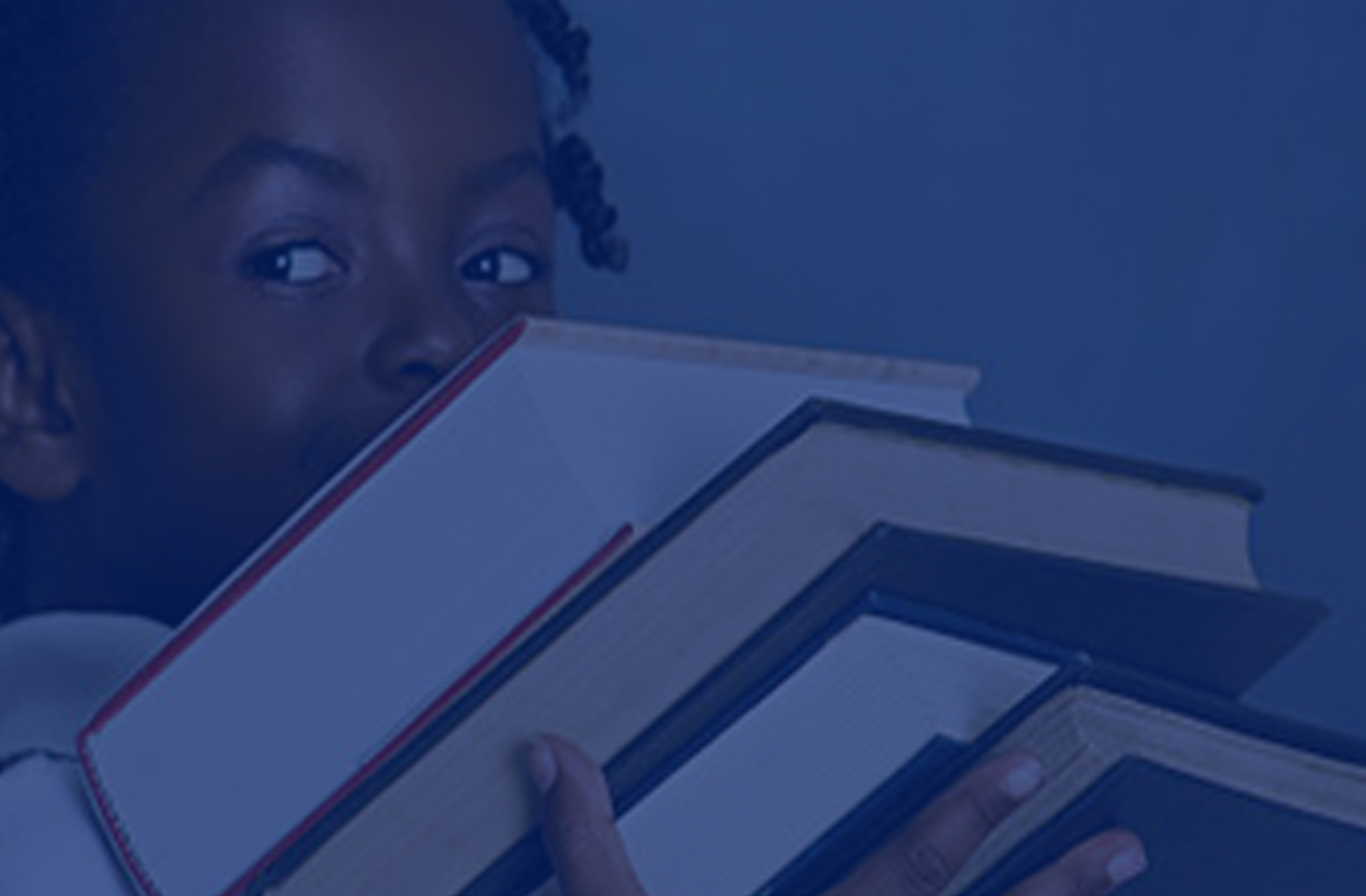Our Philosophy
THE INTERNATIONAL BACCALAUREATE
PHILOSOPHY OF THE STUDENT
At the centre of international education in the IB are students aged 3 to 19 with their own learning styles, strengths and challenges. Students of all ages come to school with combinations of unique and shared patterns of values, knowledge and experience of the world and their place in it.
Promoting open communication based on understanding and respect, the IB encourages students to become active, compassionate, lifelong learners. An IB education is holistic in nature—it is concerned with the whole person. Along with cognitive development, IB programmes address students’ social, emotional and physical well-being. They value and offer opportunities for students to become active and caring members of local, national and global communities; they focus attention on the values and outcomes of internationally minded learning described in the IB learner profile.
IB learners strive to become inquirers, knowledgeable, thinkers, communicators, principled, open- minded, caring, risk-takers, balanced and reflective. These attributes represent a broad range of human capacities and responsibilities that go beyond intellectual development and academic success. They imply a commitment to help all members of the school community learn to respect themselves, others and the world around them.
IB programmes aim to increase access to the curriculum and engagement in learning for all students. Learning communities become more inclusive as they identify and remove barriers to learning and participation. Commitment to access and inclusion represents the IB learner profile in action. — IBO.ORG

